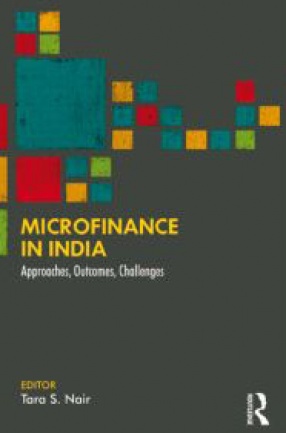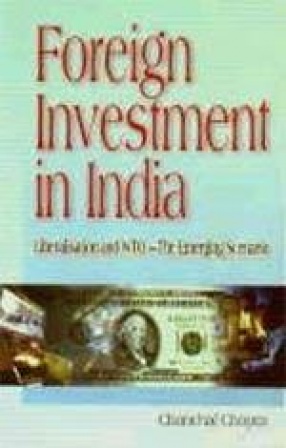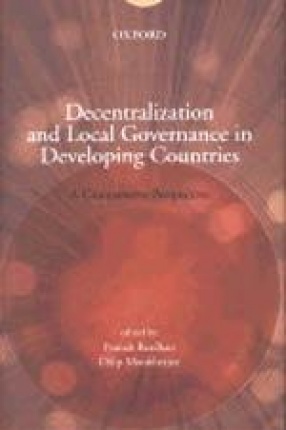The unorganised sector today comprise 92.5 per cent of India’s workforce and contributes approximately 63 per cent of the country’s GNP. Despite the size and importance of this sector, there are few official schemes which provide social security to this workforce. Further, the state has begun to withdraw from its traditional role, as the old models of social security are now considered to be no longer economically viable for this sector. As a result, workers in the unorganised sector are obliged to fend for themselves in times of sickness, old age and disasters even as they subsist on low wages and with no job security. This important book presents various options for providing social security to the unorganised sector. This contributors adopt a practical rather than a theoretical approach to the issue. They examine the various social security schemes sponsored by the government such as extension of Provident Fund schemes, specialised welfare funds, and social assistance schemes. They also describe the experiences of some non-governmental organisations, including cooperatives, in the areas of health care, child care and different forms of insurance. Overall, the book provides various alternatives which can help extend social security coverage to workers in the unorganised sector. It describes the main needs of the workers such as health care, child care, disaster insurance and provisions for old age. Its main focus is on methods of implementation, which involve both governmental and non-governmental organisations with an emphasis on decentralisation. This volume will be of interest to professionals and scholars in the fields of social work, labour studies, development studies, sociology, economics, policy studies, and human resource development. It will also be of interest to activists and non-governmental agencies in the field of development, as also to central and state level ministries and departments of labour and welfare.

The Unorganised Sector: Work Security and Social Protection
In stock
Free & Quick Delivery Worldwide
reviews
Bibliographic information
Title
The Unorganised Sector: Work Security and Social Protection
Author
Edition
1st ed.
Publisher
ISBN
8170369320
Length
191p., Tables.
Subjects




There are no reviews yet.